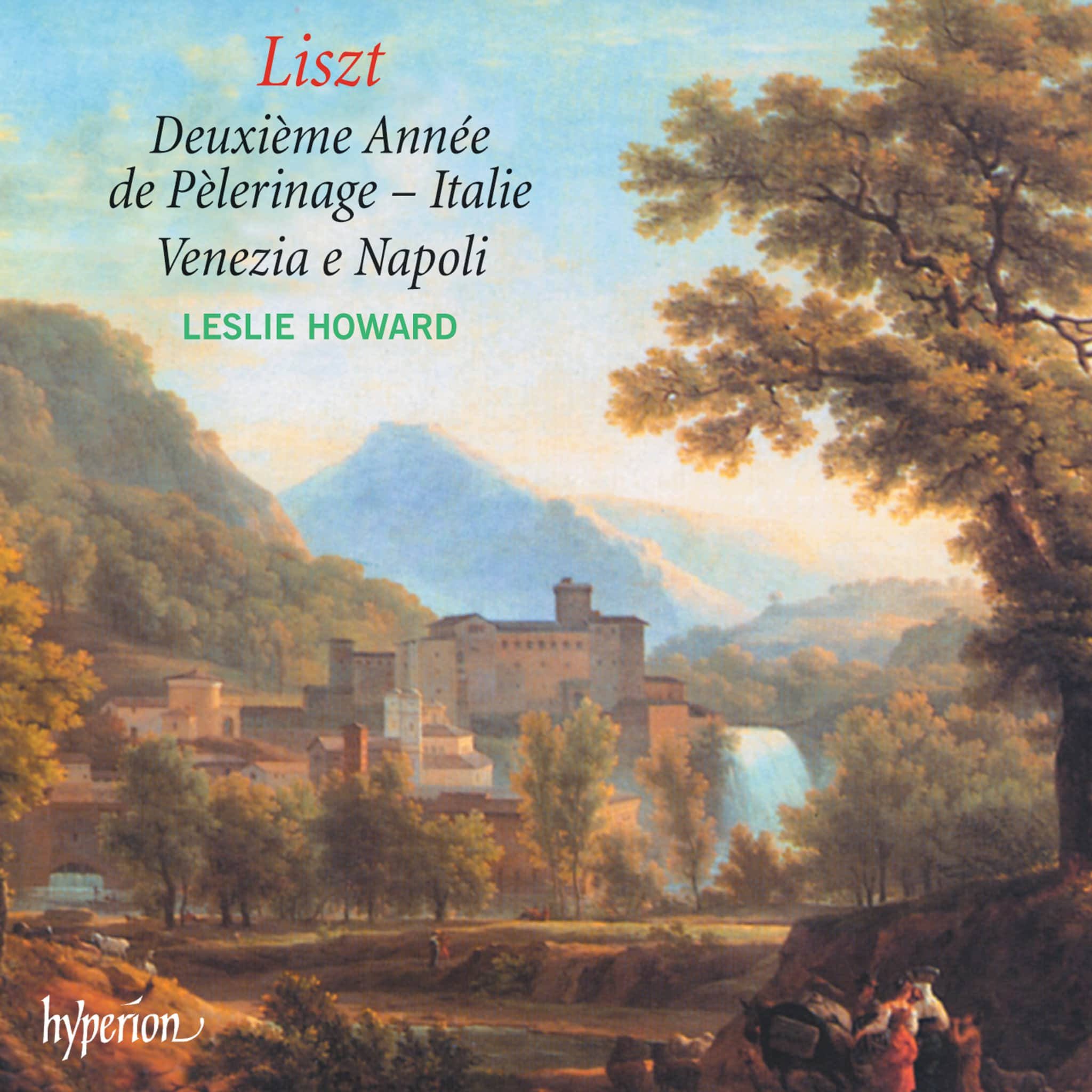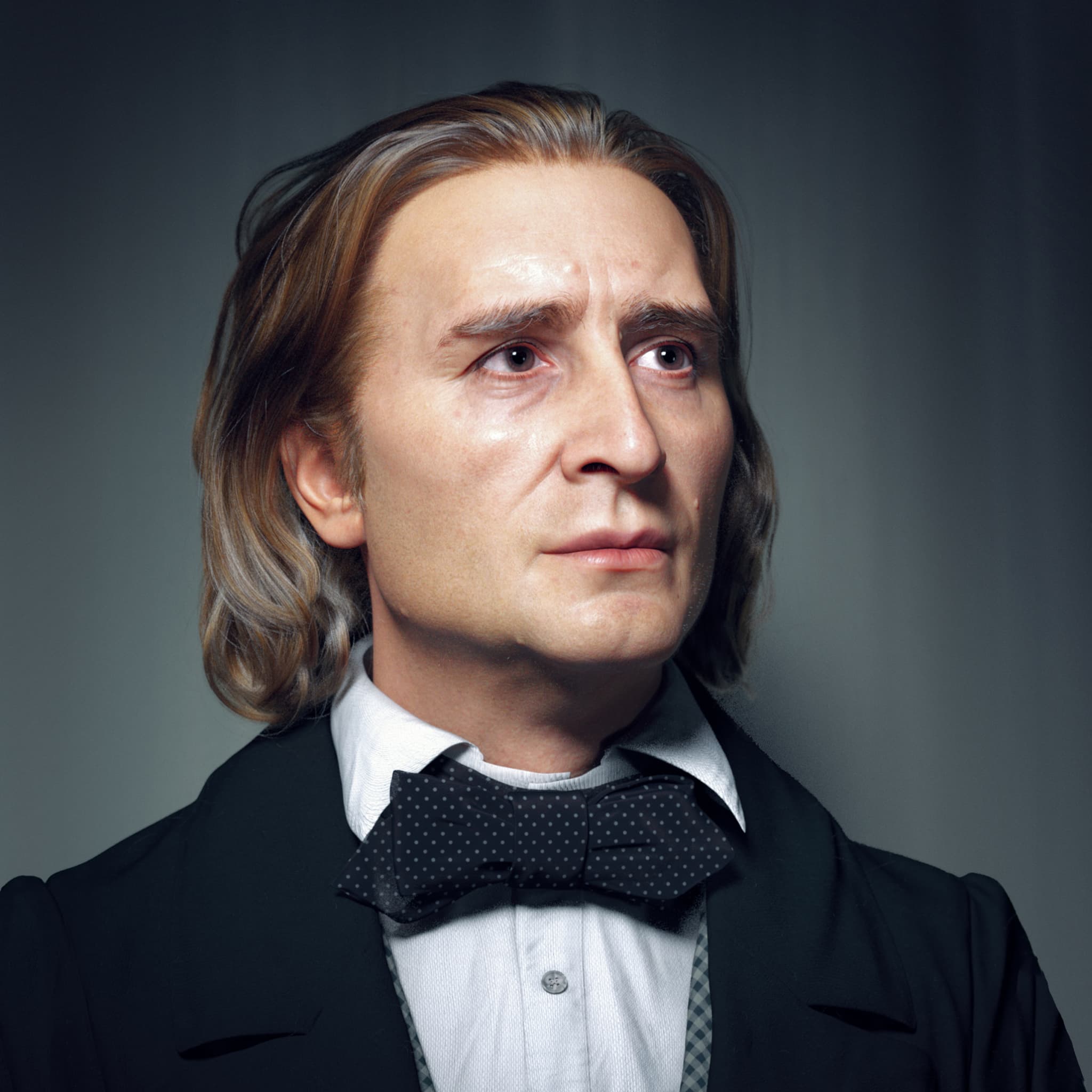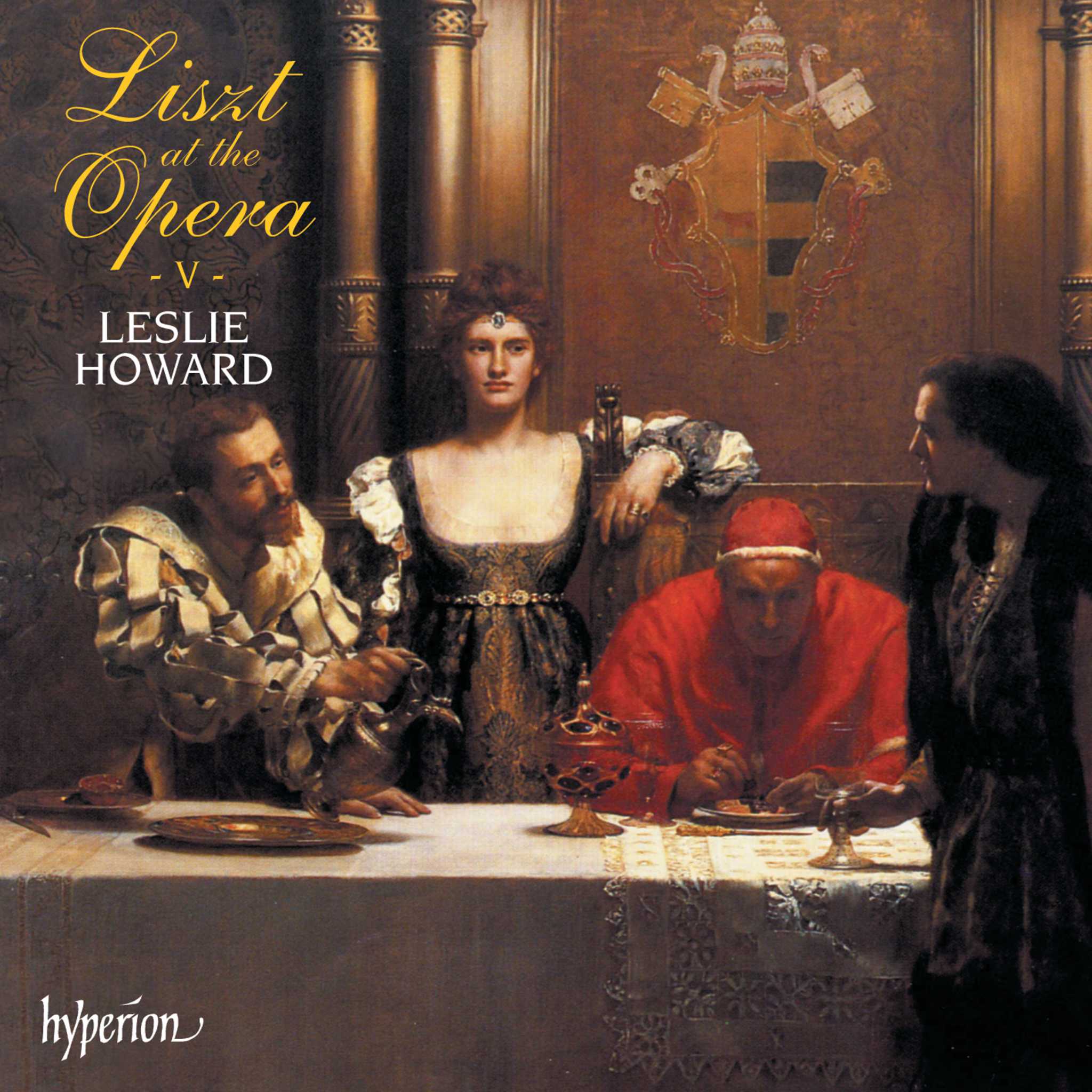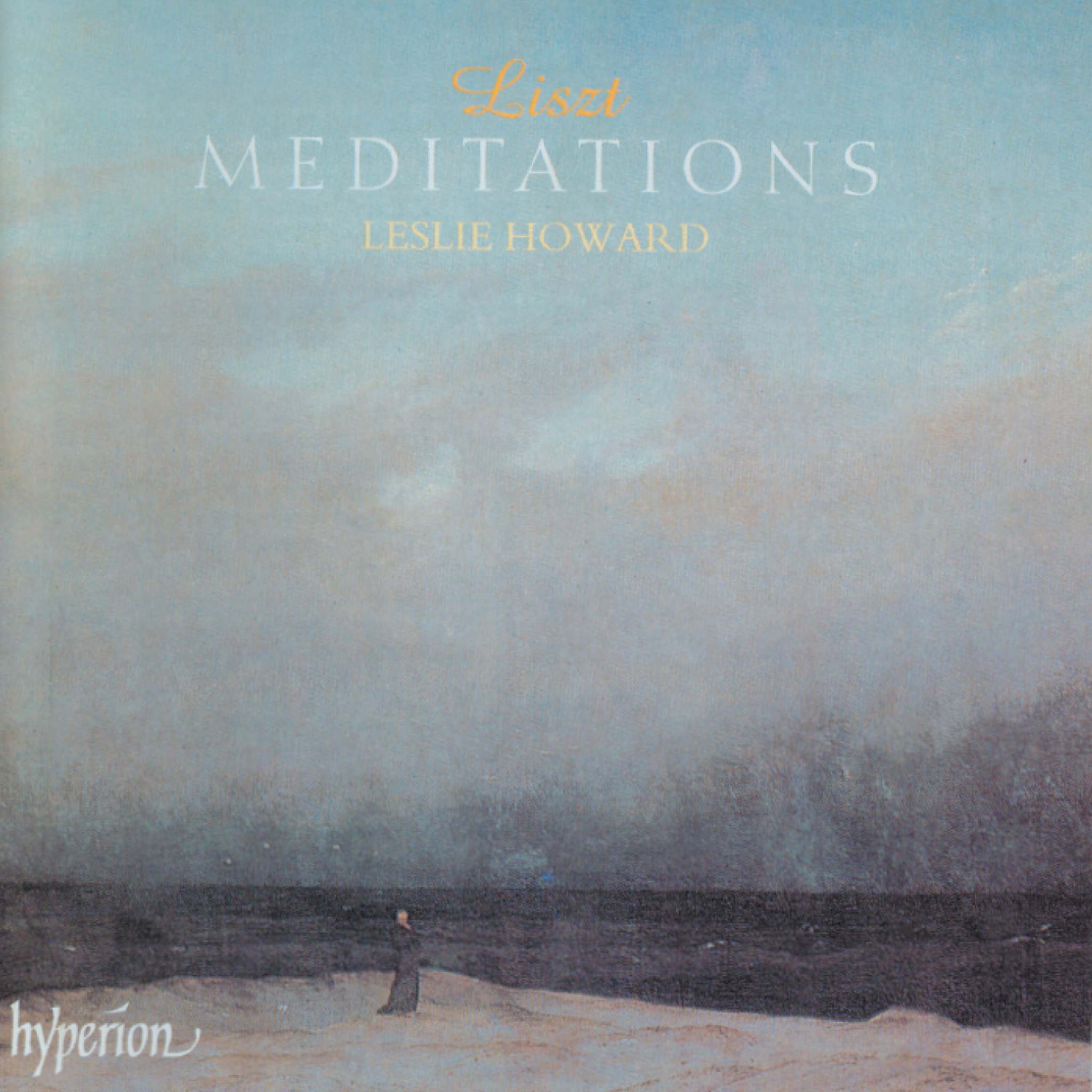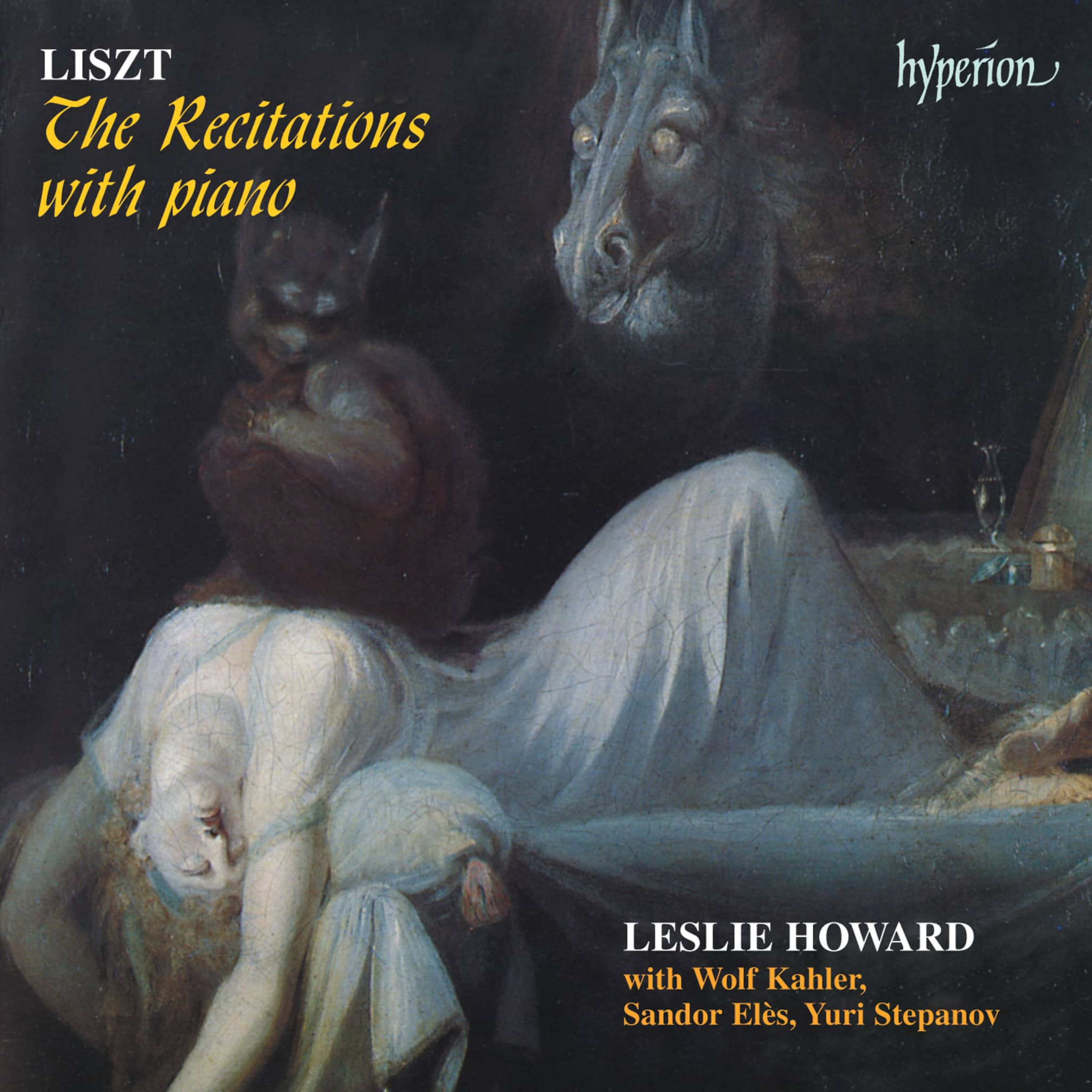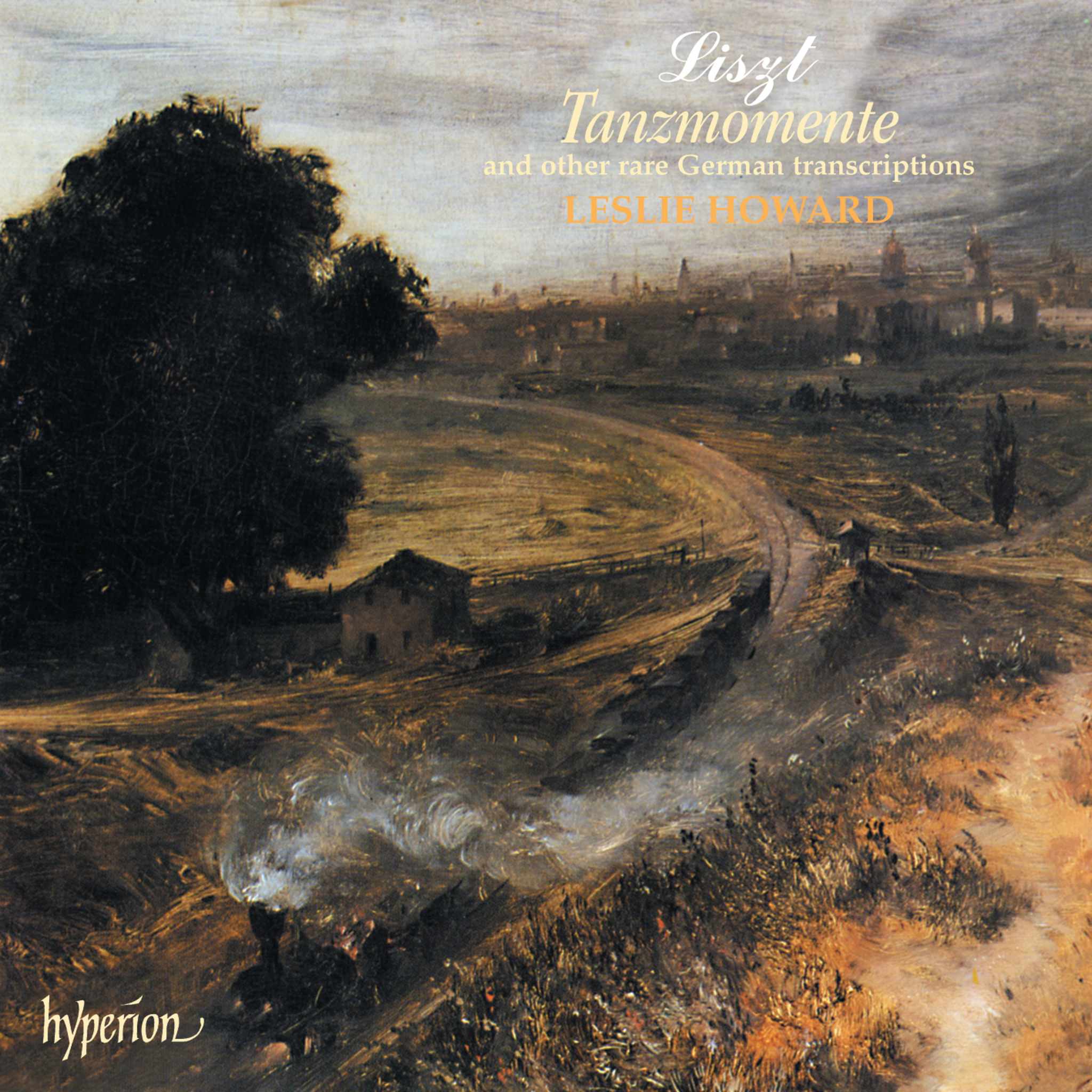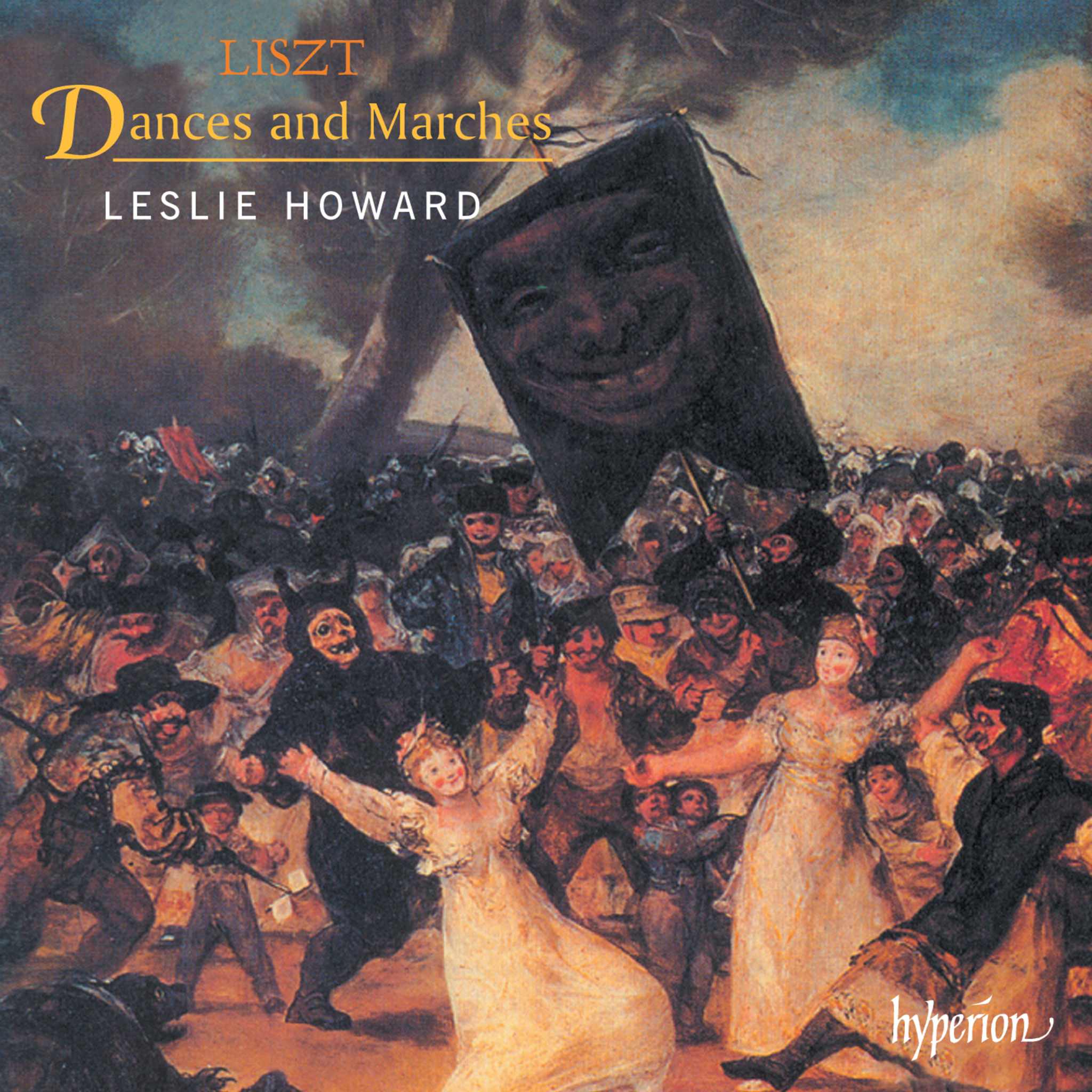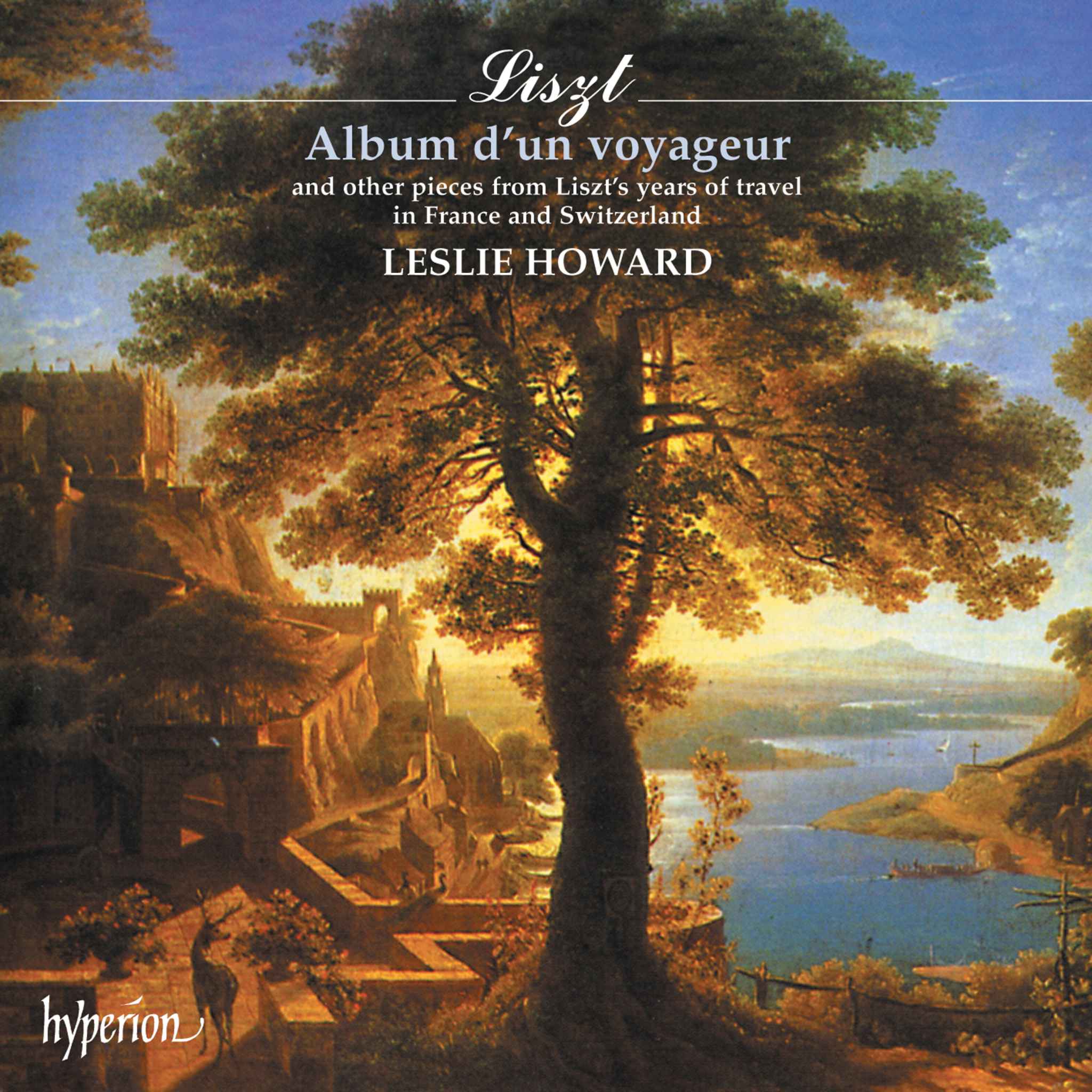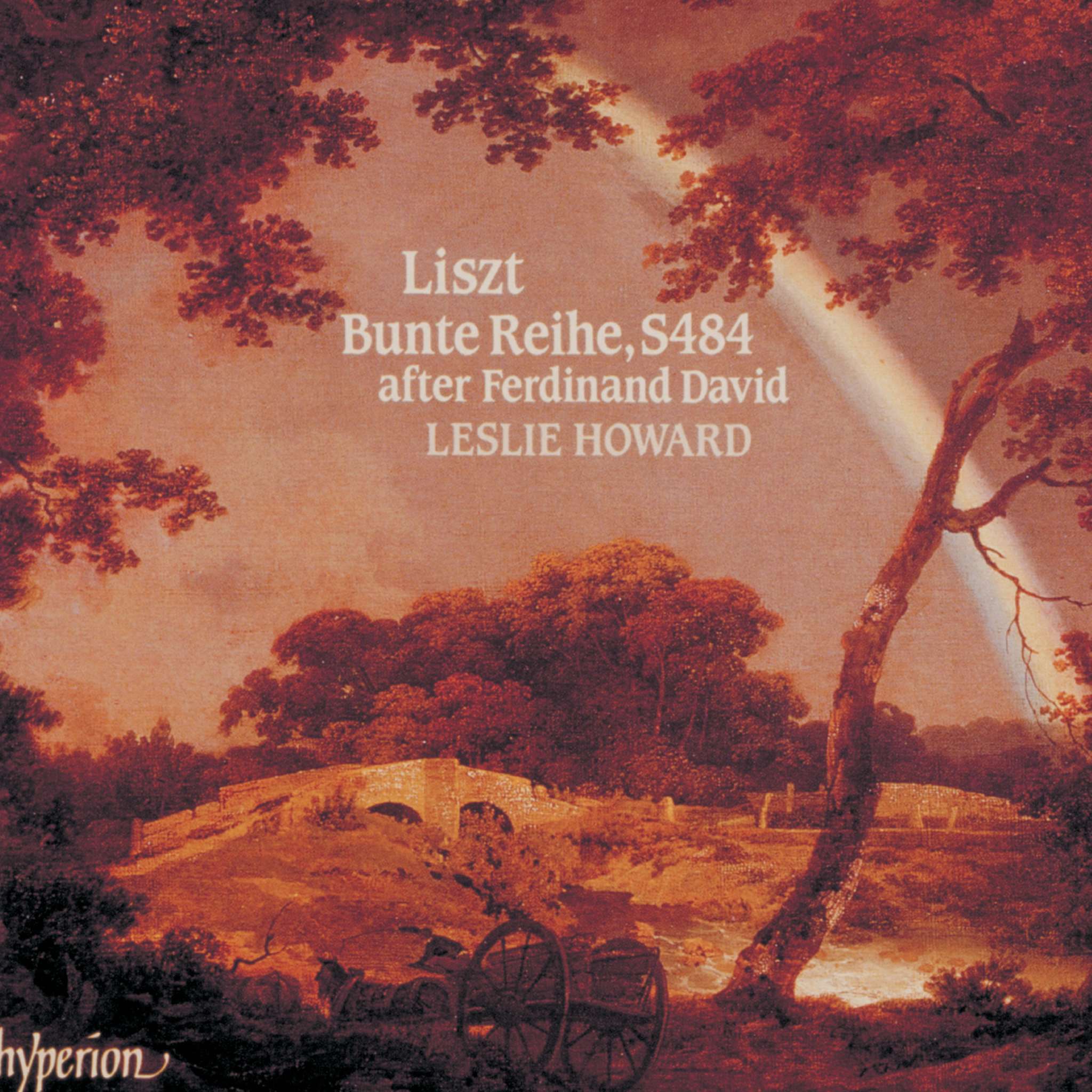In his late piano works, Liszt developed a style characterized by deliberate reduction and an almost austere mode of expression—a distinctive feature unparalleled in the 19th century. Avant-garde tendencies and the wise, independent reflection of his later years define these works and clearly distinguish Liszt. Because of the uncompromising nature of his music, it was often overlooked during his lifetime and only gained recognition in the following century.
A particular focus of one concert series is on the late waltzes, the extensive collections, and the character pieces from Liszt's final years. While some compositions, such as dances, rhapsodies, and transcriptions, remain to be performed, the program is primarily dedicated to the remaining collections and rarely performed works from the 1880s.
Liszt faced criticism, particularly regarding his earlier Hungarian pieces, as these did not clearly distinguish between Gypsy music, café music, and professional music. His engagement with Hungarian folk songs and chorales can be understood as a conscious act of appreciation. The Historical Hungarian Portraits, on the other hand, refer to important figures of the 19th century and not to folk music; Liszt himself did not orchestrate them.
"Troisième année de pèlerinage" (Third Year of Pilgrimage) stands out from the previous volumes because it was composed later in his life and includes works of a mystical nature and a broad emotional spectrum. The piece "Angelus!" is characterized by religious symbolism and ends on a positive note. Other compositions included in this volume, such as "Cypresses," allude to nature in their titles and have an elegiac tone.
Liszt dedicated his arrangement of "Ungarns Gott" (Hungary's God) for the left hand to a friend who, despite a disability, was a gifted pianist. This is Liszt's only contribution to piano music for the left hand. The creation of this work is special and differs from the other parts of the "Pèlerinage" collection.

